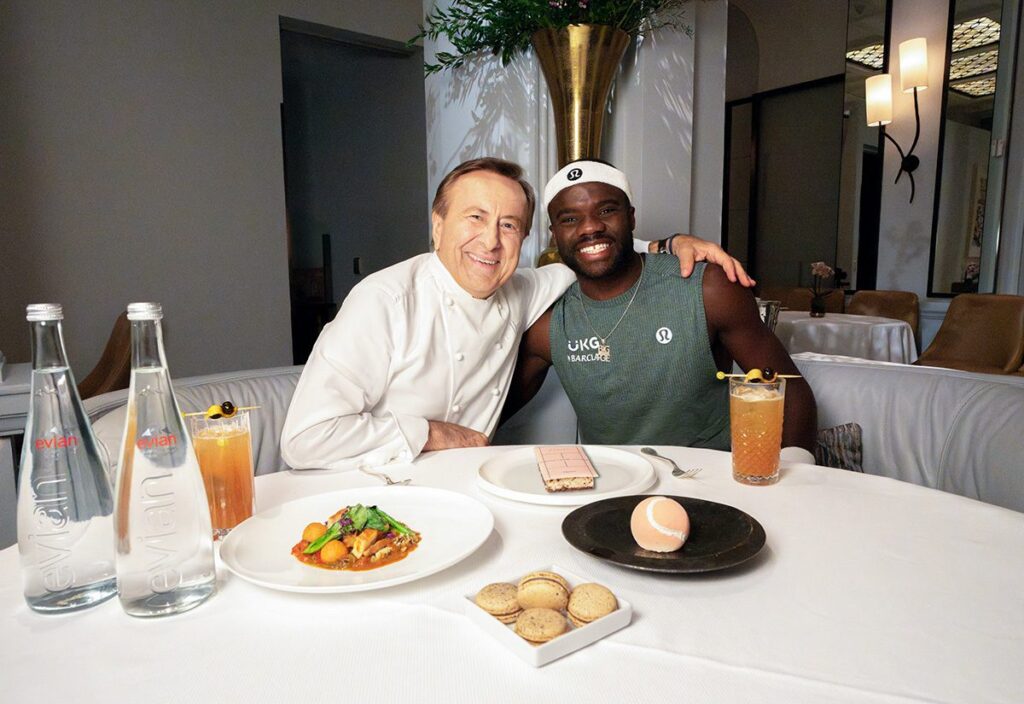Marketers know that a call to action sometimes isn’t enough. You also have to make it as easy as possible for consumers to do what you want them to. Obstacles tend to give prospective customers an excuse to disengage.
Political candidates have traditionally faced this hurdle in Iowa, which selects delegates to the national conventions not through a primary but via a system of local caucuses: one-night, face-to-face gatherings where neighbors try to persuade each other of their political opinions and then take head counts to determine delegate apportionment.
The system is intense democracy at its most intimate—and pretty daunting to anyone who’s never caucused before. More than 1,700 of these caucuses will happen in precincts across Iowa on the evening of Jan. 3.
Almost all the candidates have gone out of their way to instruct first-timers in the Iowa selection process. John Edwards, Hillary Clinton and Barack Obama all include video on their Web sites that make the system simpler, less scary and even funny.
But training videos only work if people know enough to log on and look for them, and some candidates have concluded that many of their best voting prospects fall outside that category. An online survey conducted last October by pro-choice organization Emily’s List found that the majority of Iowa women likely to support Clinton had never attended a caucus, either because they didn’t understand the process or because they felt they didn’t know enough about the candidates.
So Emily’s List printed an eight-page brochure explaining the process and mailed it to Clinton-leaning women judged unlikely to show up for a caucus. Interestingly, a robo-call alerts recipients to the mailing before it arrives, and another follow-up call tells them where to find more information if they’re still confused. One of those places is http://www.YouGoGirl.com, where they’ll also find a caucus locator, video of supporters and YouGoGirl gear to be worn on caucus night.
That new blood could be enough to tip the balance in a three-way race among Clinton, Obama and Edwards. The Emily’s List survey found that among those women not likely to take part in a caucus, Clinton led Obama 51% to 22%. That compares to a 31% to 32% virtual tie among women who said they definitely would caucus in Iowa on Jan. 3. So giving unlikely voters the information they need to get out and caucus could give Clinton a winner’s credibility going into the New Hampshire primary—where how to vote isn’t an issue.
“I would consider the YouGoGirl campaign a success if we added 5,000 to 10,000 new women caucus participants for Senator Clinton,” said Maren Hesla, who is directing the Emily’s List project in Iowa.
 Network
Network

